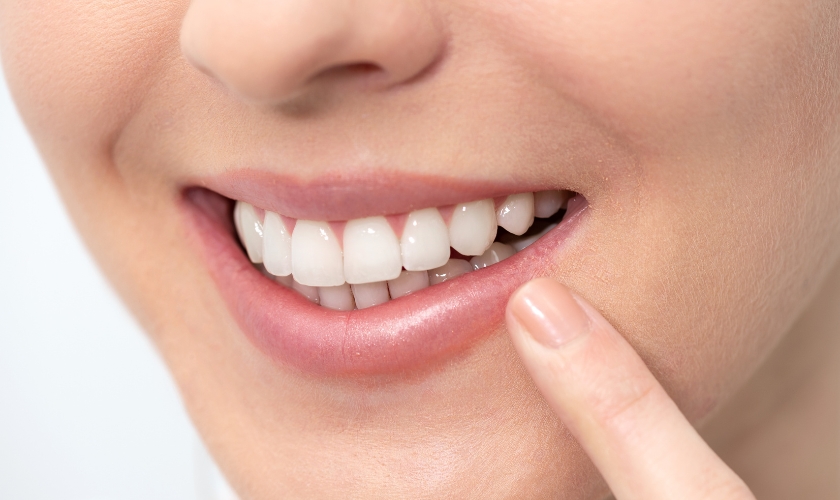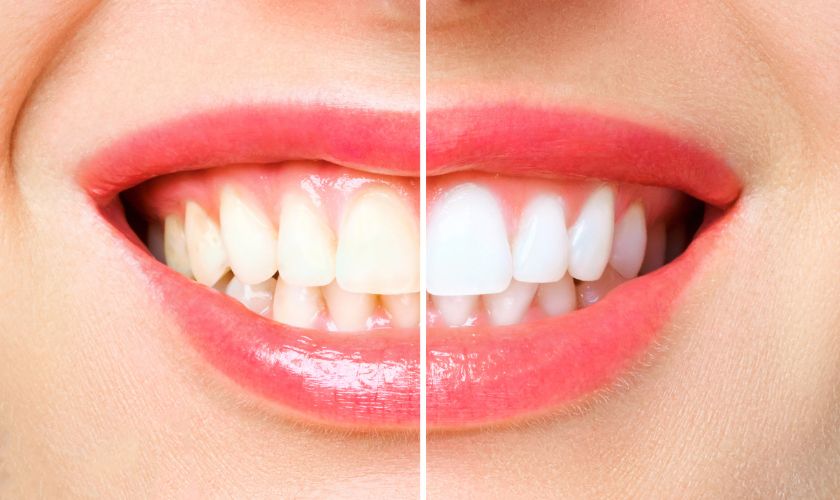The Top 5 Causes of Canker Sores: Insights from a Green Bay Dentist

The Top 5 Causes of Canker Sores: Insights from a Green Bay Dentist
Are you familiar with the discomfort of canker sores? These small ulcers that appear inside the mouth can be quite bothersome, making eating and talking a painful experience. But what causes them? In this article, we’ll explore the top 5 causes of canker sores, shedding light on these painful nuisances with insights from a Green Bay dentist. Additionally, we’ll touch on essential topics like tooth extraction aftercare, dental implants, and teeth whitening.
1. Oral Trauma and Injury: One of the leading causes of canker sores is oral trauma or injury. Accidentally biting the inside of your cheek or lip, experiencing trauma from dental procedures such as braces adjustments, or even vigorous tooth brushing can irritate the delicate tissues inside the mouth, leading to the formation of canker sores. Green Bay dentists stress the importance of gentle oral care practices to minimize the risk of oral injuries and subsequent canker sores.
2. Stress and Hormonal Changes: Stress can weaken the immune system, making the body more susceptible to oral infections and inflammations, including canker sores. Additionally, hormonal fluctuations, such as those experienced during menstruation or pregnancy, can also contribute to their development. Managing stress through relaxation techniques and maintaining a balanced lifestyle can help reduce the occurrence of canker sores.
3. Dietary Factors: Your diet significantly impacts your oral health, and certain dietary habits can increase the likelihood of developing canker sores. Consuming acidic or spicy foods, such as citrus fruits, tomatoes, and hot peppers, can irritate the delicate tissues inside the mouth, triggering the formation of ulcers. Furthermore, deficiencies in essential nutrients like vitamin B12, iron, and zinc have been linked to recurrent canker sores. Green Bay dentists recommend a balanced diet rich in fruits, vegetables, and whole grains to support overall oral health.
4. Allergic Reactions: Allergies to certain foods, dental products, or oral hygiene ingredients can also manifest as canker sores in some individuals. Ingredients like sodium lauryl sulfate (SLS), commonly found in toothpaste, have been known to cause oral irritation and trigger the development of ulcers. It’s crucial to pay attention to any allergic reactions or sensitivities and choose oral care products that are free from potential irritants.
5. Underlying Medical Conditions: In some cases, canker sores may be symptomatic of underlying medical conditions, such as autoimmune diseases like celiac disease or inflammatory bowel disease (IBD). Certain systemic infections, such as herpes simplex virus (HSV) or human immunodeficiency virus (HIV), can also contribute to the formation of oral ulcers. Individuals with compromised immune systems or chronic health conditions should consult with their healthcare providers for appropriate management and treatment of canker sores.
In addition to understanding the causes of canker sores, proper dental care and hygiene practices are essential for maintaining oral health. Whether it’s tooth extraction aftercare, dental implants, or teeth whitening, seeking guidance from a trusted Green Bay dentist can ensure optimal oral hygiene and prevent oral issues like canker sores. Remember, proactive care and attention to oral health can go a long way in preserving your smile and overall well-being.



